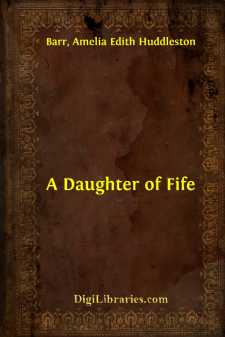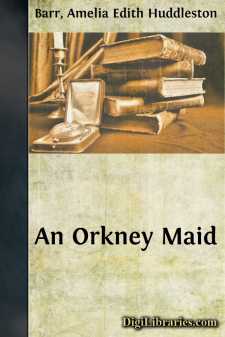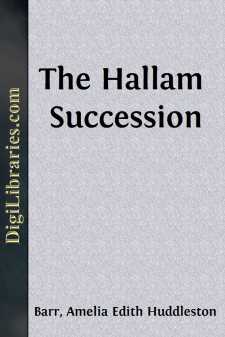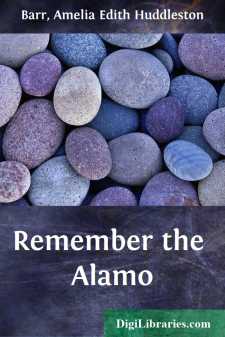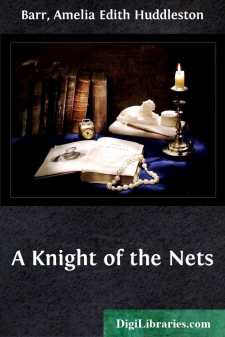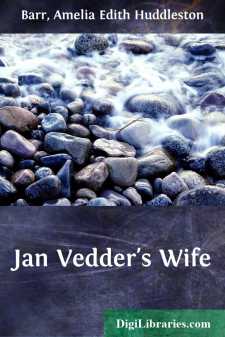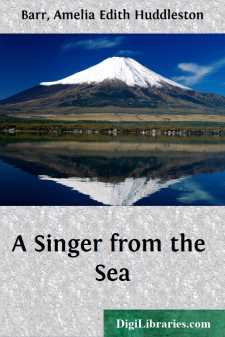Categories
- Antiques & Collectibles 13
- Architecture 36
- Art 48
- Bibles 22
- Biography & Autobiography 813
- Body, Mind & Spirit 141
- Business & Economics 28
- Children's Books 12
- Children's Fiction 9
- Computers 4
- Cooking 94
- Crafts & Hobbies 4
- Drama 346
- Education 46
- Family & Relationships 57
- Fiction 11826
- Games 19
- Gardening 17
- Health & Fitness 34
- History 1377
- House & Home 1
- Humor 147
- Juvenile Fiction 1873
- Juvenile Nonfiction 202
- Language Arts & Disciplines 88
- Law 16
- Literary Collections 686
- Literary Criticism 179
- Mathematics 13
- Medical 41
- Music 40
- Nature 179
- Non-Classifiable 1768
- Performing Arts 7
- Periodicals 1453
- Philosophy 64
- Photography 2
- Poetry 896
- Political Science 203
- Psychology 42
- Reference 154
- Religion 513
- Science 126
- Self-Help 83
- Social Science 81
- Sports & Recreation 34
- Study Aids 3
- Technology & Engineering 59
- Transportation 23
- Travel 463
- True Crime 29
A Daughter of Fife
Description:
Excerpt
CHAPTER I.
THE BEACHING OF THE BOAT.
"Thou old gray sea,
Thou broad briny water,
With thy ripple and thy plash,
And thy waves as they lash
The old gray rocks on the shore.
With thy tempests as they roar,
And thy crested billows hoar,
And thy tide evermore
Fresh and free."
—Dr. Blackie.
On the shore of a little land-locked haven, into which the gulls and terns bring tidings of the sea, stands the fishing hamlet of Pittenloch. It is in the "East Neuk o' Fife," that bit of old Scotland "fronted with a girdle of little towns," of which Pittenloch is one of the smallest and the most characteristic. Some of the cottages stand upon the sands, others are grouped in a steep glen, and a few surmount the lofty sea-washed rocks.
To their inhabitants the sea is every thing. Their hopes and fears, their gains and losses, their joys and sorrows, are linked with it; and the largeness of the ocean has moulded their feelings and their characters. They are in a measure partakers of its immensity and its mystery. The commonest of their men have wrestled with the powers of the air, and the might of wind, and wave, and icy cold. The weakest of their women have felt the hallowing touch of sudden calamity, and of long, lonely, life-and-death, watches. They are intensely religious, they hold tenaciously to the modes of thought and speech, to the manner of living and dressing, and to all the household traditions which they have cherished for centuries.
Two voices only have had the power to move them from the even spirit of their life—the voice of Knox, and the voice of Chalmers. It was among the fishers of Fife that Knox began his crusade against popery; and from their very midst, in later days, sprang the champion of the Free Kirk. Otherwise rebellions and revolutions troubled them little. Whether Scotland's king sat in Edinburgh or London—whether Prince Charles or George of Hanover reigned, was to them of small importance. They lived apart from the battle of life, and only the things relating to their eternal salvation, or their daily bread, moved them.
Forty-two years ago there was no landward road to Pittenloch, unless you followed the goats down the steep rocks. There was not a horse or cart in the place; probably there was not a man in it who had ever seen a haymaking. If you went to Pittenloch, you went by the sea; if you left it, there was the same grand highway. And the great, bearded, sinewy men, bending to the oars, and sending the boat spinning through clouds of spindrift, made it, after all, a right royal road.
Forty-two years ago, one wild March afternoon, a young woman was standing on the beach of Pittenloch. There was an ominous wail in the sea, telling of the fierce tide yet to come; and all around her whirling wraiths of vapor sweeping across the level sands. From a little distance, she appeared like a woman standing amid gray clouds—a sombre, solid, figure; whose attitude was one of grave thoughtfulness....


